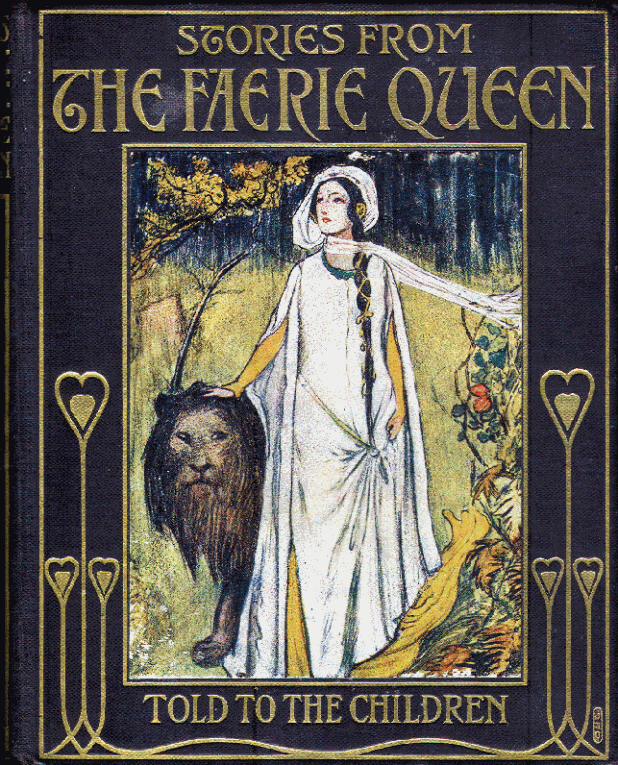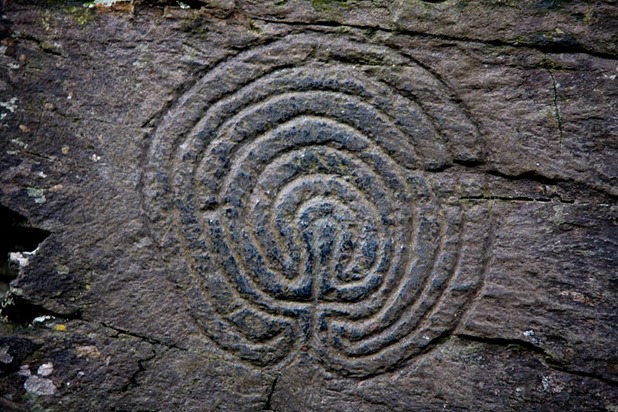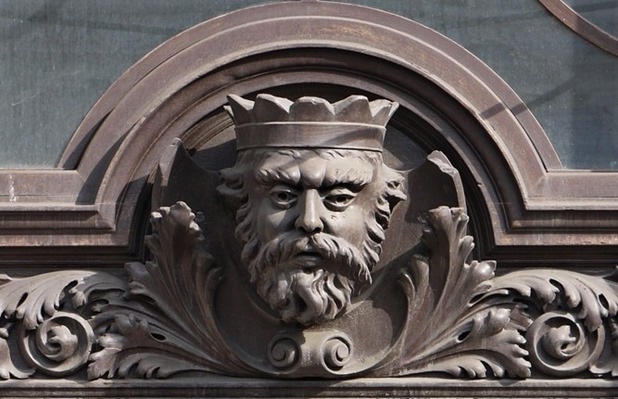Daily Stormer
November 8, 2015

Final part of Sven Longshanks’ narrations looking at the evidence for Britain being colonized by Trojans.
Radio Stormer Narrations: Brutus the Trojan Prince Part 4 – Brutus The Founder Of London
Edmund Spenser wrote about Brutus founding the city that became London in The Faerie Queen, which was based upon earlier legends.
We also have the records of Nennius, Gildas and even Edward the Confessor, who wrote of London being built after the likeness of Troy.
Tours is linked to the Brutus story too, supposedly being named after the death of his son Tyrrhi there and the city being built around his tumuli.
Other links with Troy are the troytown mazes, labyrinths cut into the turf all over the country and similar in shape to those found at Crete.

Radio Stormer Narrations: Brutus the Trojan Prince Part 5 – The Sons Of Brutus I
Brutus sons were named Cambria, Loegria and Alban, who were either named after or gave their names to, Cambria (Wales) Lloegria (England) and Albion (Scotland) and their tribes in those lands.
Cornwall was named after the Duke Corineus, who wrestled with the giant Gogmagog and won. There are statues of these two heroes in London, although sometimes one is called Gog and the other Magog and Corineus name is absent.
Dunwal Molmutius was the first to introduce municipal government and take the title of king, the rulers before him being named as chiefs or rulers. His laws became the bedrock of English common law and were codified by Alfred the Great well over a thousand years later, when he incorporated them into his own Anglo-Saxon law book.
He was also responsible for the seven main roads that spanned the country from coast to coast, three of them being centered in London and was the first British sovereign to wear a crown upon his head.
Some of the laws he created are included here and are taken from the Triads.

Radio Stormer Narrations: Brutus the Trojan Prince Part 6 – The Sons Of Brutus II
Belinus succeeded Molmutius and gave royal protection to all who travelled along his roads, both native and stranger alike. This was the origin of the phrase ‘the king’s highway’ and anyone who drew weapons on them was made a criminal.
He caused the walls to be built around London and gave his name to the famous fish market that still survives today, Billingsgate. It was his head that was buried in the White Mount facing France and for as long as it stayed there, there was no invasion from the continent.
His grandson was Lud, who would give his name to Lud-dun, which became London. He built the west gate of the city in 66BC which is also named after him and his attempts to beautify the city are recorded in the Welsh Mabinogion, as well as his measurement of the island, which identified Oxford as the central point.
One of his sons went on to become the first traitor to the nation, making secret treaties with Caesar and going down in infamy as ‘the black traitor’ of the Triads.
All three narrations are taken from EO Gordon’s Prehistoric London – Its Mounds and Circles.
New Narrations are played every weekday on our radio station at 12pm EST/5pm GMT, right after Stormfront and Dr David Duke.
Join the chat, Subscribe through iTunes or follow the feed.
Previous episodes can be found here.
